Ashura culture inspires resistance movements against aggressors: Scholar
By Hiba Morad
It is the nature of the aggressor to justify his aggression by vilifying the image of “others” so that he can impose his narrative and influence history, says a Lebanese scholar.
Sheikh Hussein Zeineddine, the prominent Lebanese Islamic scholar who heads cultural wing of the Hezbollah resistance movement, in an interview with the Press TV website, said the aggressors in Karbala “bought media mouthpieces, platforms and scholars of power, and besieged the voice of the opposite front with intimidation, killings and economic blockade.”
“These are the same tools used by the countries of cultural, economic and military aggression against the resistance community and countries that oppose American imperialism, Zionism, and Western hypocrisy,” he remarked, referring to the relevance of Imam Hussain’s (AS) uprising today.
“These entities [the US, Israeli regime and the Western countries] have huge media platforms that rely on misinformation, disinformation, the pumping, intensification, and repetition of information. They practice immorality and insolence, benefiting from the voluntariness and cooperation of their mercenaries who were brought up and paid by their agencies and institutions.”
Friday marks Ashura, which means “the tenth” of Muharram, when Imam Hussein (AS), the grandson of Prophet Mohammad (PBUH), was martyred along with the male members of his family and associates in the desert plains of Karbala in 680 CE (10 Muharram 61 AH).
To millions of people across the world, the day of Ashura Day and the battle of Karbala carries a lesson on how spirituality can be a strong driver for people to stand in the face of injustice and tyranny.
Zeineddine told the Press TV website that the equation has not changed 14 centuries later as financial, political and media power continues to prevail over true intellect, moral values and principles.
“It can be said that American hegemony in the world is unprecedented in the history of the tyrants, and despite all the materialistic superiority, the resistance front has been able to reveal the ugliness, brutality, and weakness of this tyrant, just like Imam Hussain (AS) did in Karbala,” he asserted.
He said the events in Karbala changed the “culture of defeat and submission” by teaching spiritual and moral values lessons to the campaigners of truth and justice and the spirit not to give up.
“In the culture of defeat, the people of the cause deal with reality on the ground on the basis that the supremacy of evil forces is something that cannot be prevented or defeated, and therefore there is no point in resisting it, and this is what they express as “political realism”,” the scholar explained.
“Based on the Ashura culture, the resistance movements were able to alter the balance of power by drawing inspiration from the Karbala values and bringing them to the fields of psychological and military confrontation, whether in Palestine or Lebanon in the face of Israelis or in Syria and Iraq in the face of America’s creation Daesh and al-Nusra and their likes,” he told the Press TV website.
Zeineddine underscored that the characteristic of the famous saying “Every day is Ashoura and every land is Karbala,” is demonstrated not in terms of field results, but in terms of the nature of the conflict and picking the camps between right and wrong, just and unjust.
“One of the most prominent lessons of Karbala is that victimhood can be transformed into a moral value that gives legitimacy to resistance, provided it responds to the duty of defense and confrontation, otherwise it will remain mere submission and humiliation,” the Lebanese scholar noted.
‘Permits of humiliation’: Israel targets Christian schools in al-Quds
Over 470 terrorists, riot ringleaders captured across Iran
UNRWA chief warns about 'record highs' of diseases in Gaza amid Israeli siege
Israeli agricultural exports face looming 'collapse' amid boycotts over Gaza genocide
VIDEO | Canadians preparing to hold more rallies in solidarity with Venezuela
VIDEO | Iranian national Mahdieh Esfandiari goes on trial for supporting Palestine
VIDEO | Italian farmers launch protest campaign against EU-Mercosur free trade deal
VIDEO | Trump’s Gaza ‘Board of Peace’ invitation sparks criticism in Pakistan




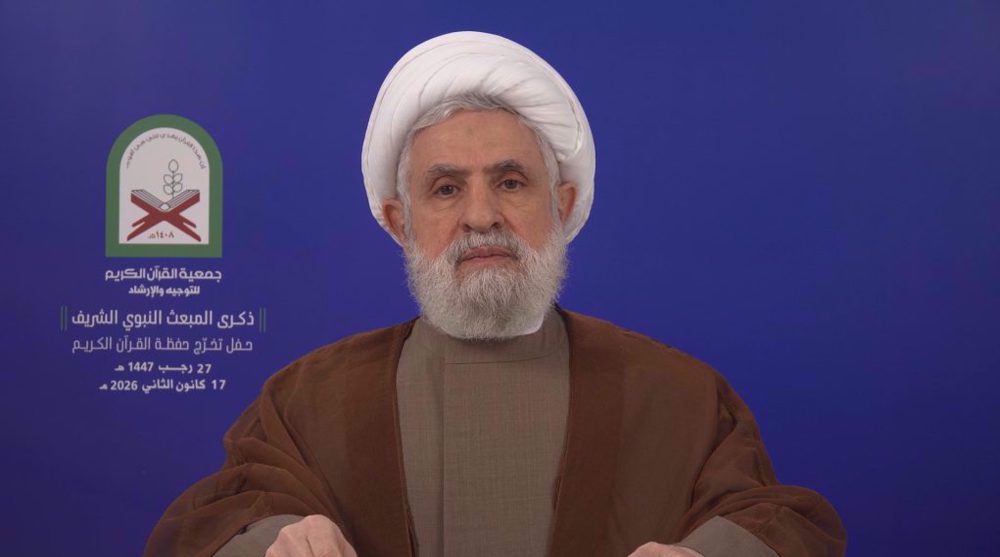
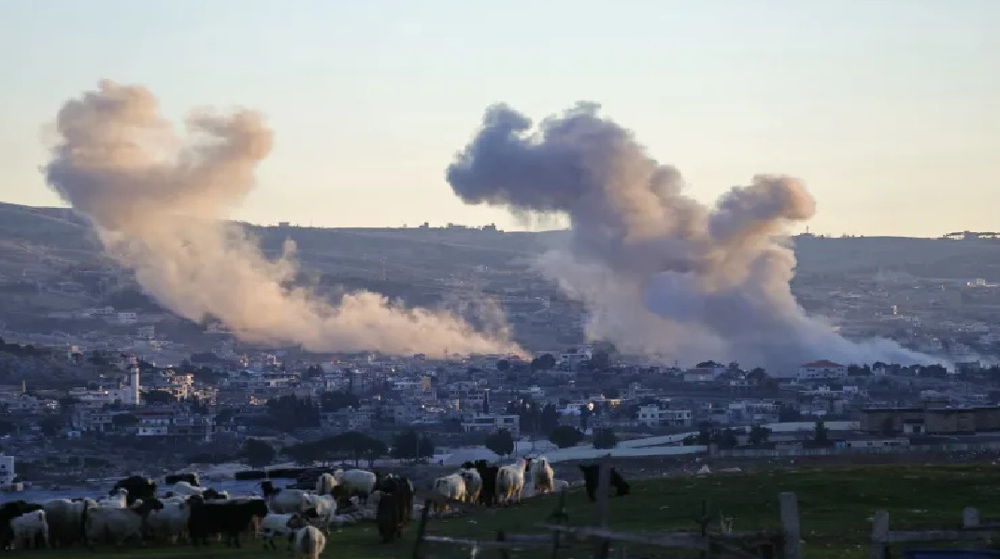




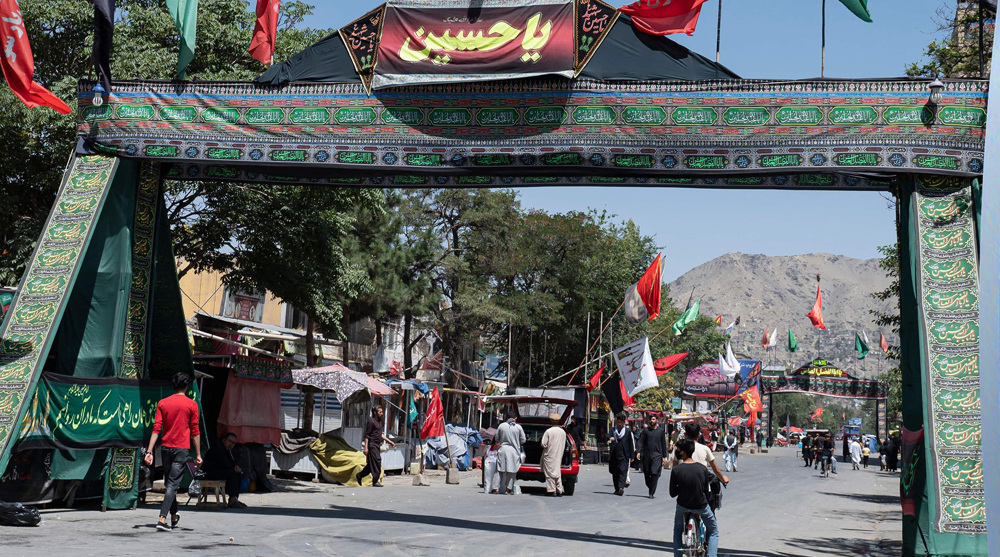
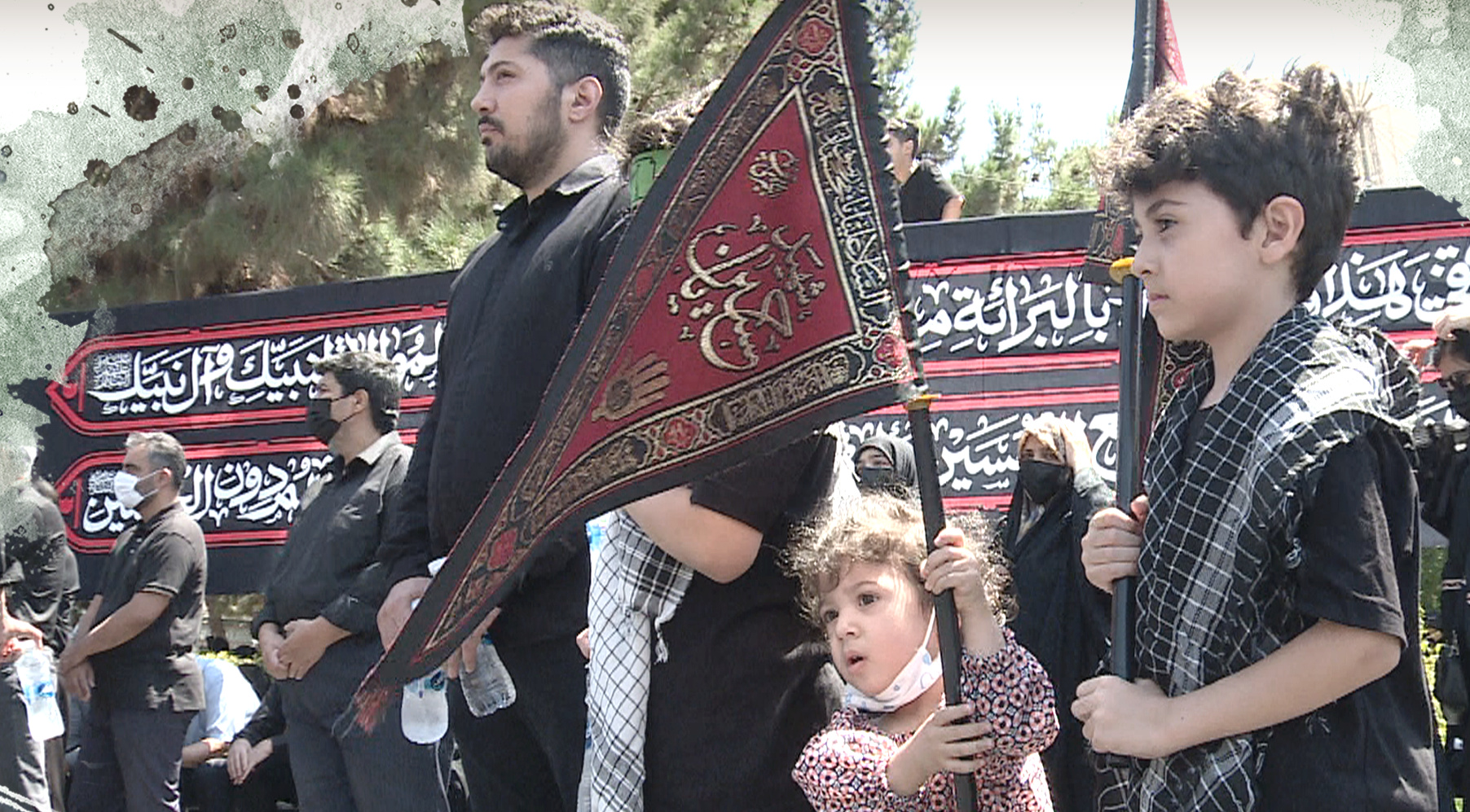
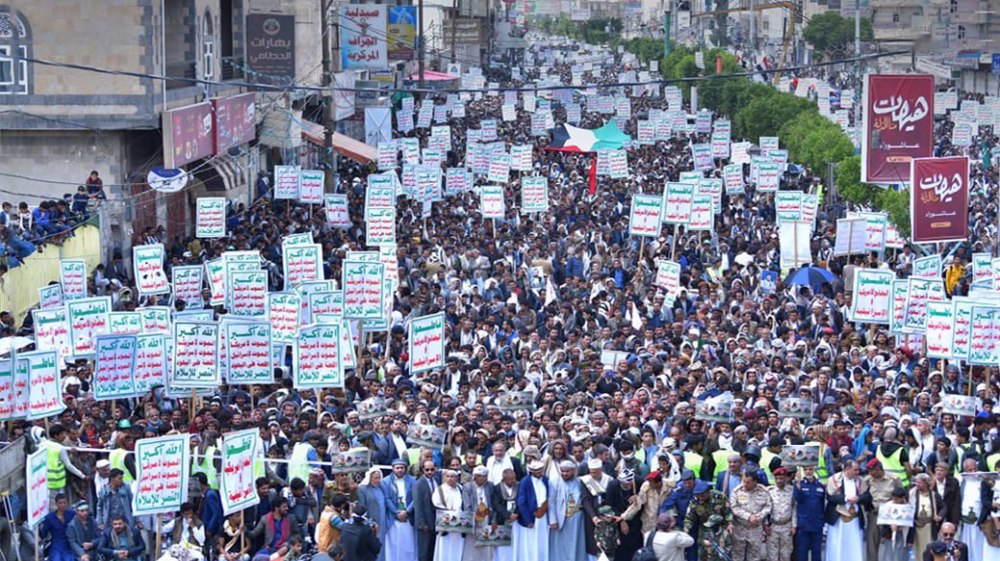


 This makes it easy to access the Press TV website
This makes it easy to access the Press TV website